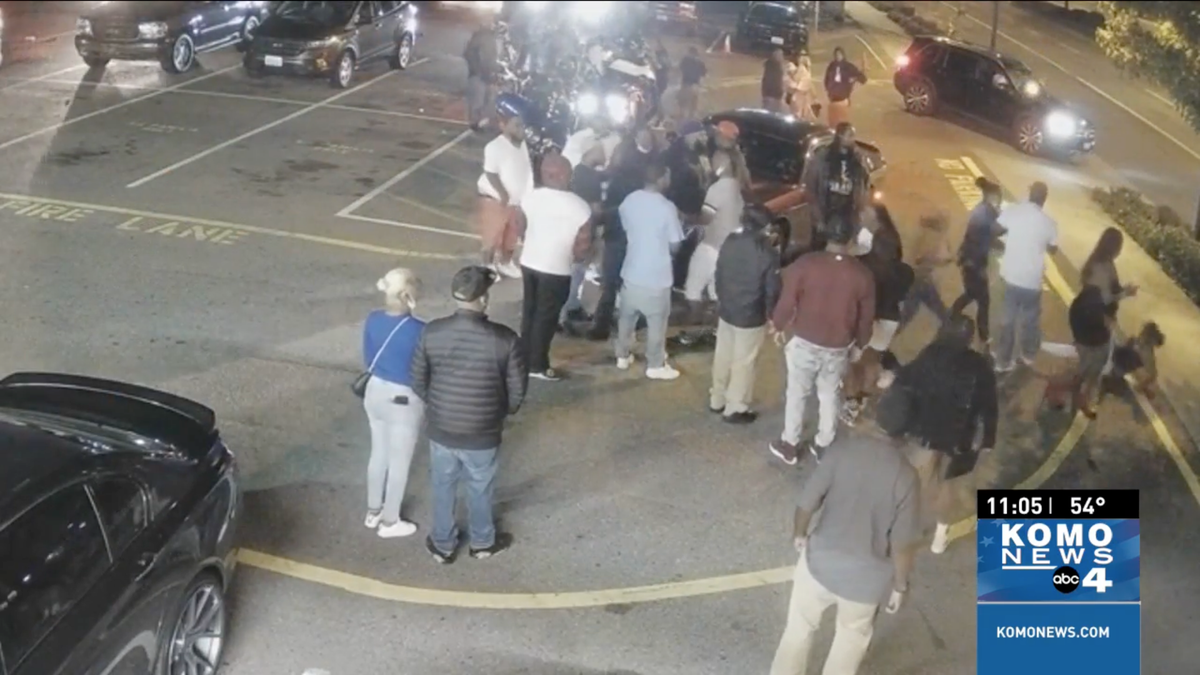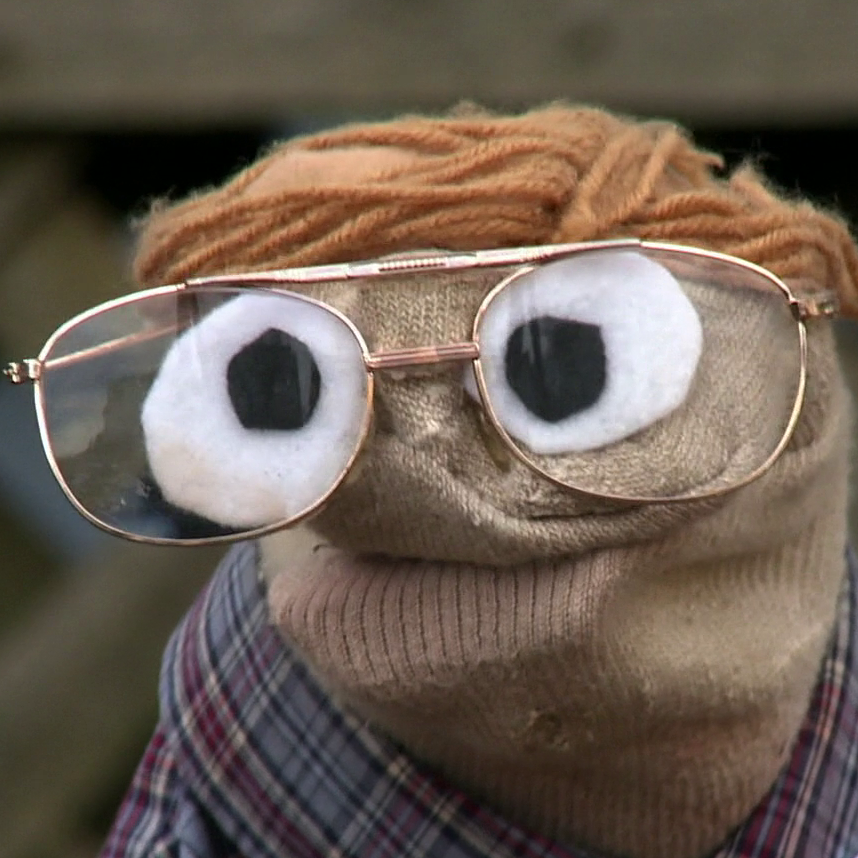A judge in Washington state has blocked video evidence that’s been “AI-enhanced” from being submitted in a triple murder trial. And that’s a good thing, given the fact that too many people seem to think applying an AI filter can give them access to secret visual data.
If you ever encountered an AI hallucinating stuff that just does not exist at all, you know how bad the idea of AI enhanced evidence actually is.
Everyone uses the word “hallucinate” when describing visual AI because it’s normie-friendly and cool sounding, but the results are a product of math. Very complex math, yes, but computers aren’t taking drugs and randomly pooping out images because computers can’t do anything truly random.
You know what else uses math? Basically every image modification algorithm, including resizing. I wonder how this judge would feel about viewing a 720p video on a 4k courtroom TV because “hallucination” takes place in that case too.
There is a huge difference between interpolating pixels and inserting whole objects into pictures.
Both insert pixels that didn’t exist before, so where do we draw the line of how much of that is acceptable?
Look it this way: If you have an unreadable licence plate because of low resolution, interpolating won’t make it readable (as long as we didn’t switch to a CSI universe). An AI, on the other hand, could just “invent” (I know, I know, normy speak in your eyes) a readable one.
You will draw yourself the line when you get your first ticket for speeding, when it wasn’t your car.
Interesting example, because tickets issued by automated cameras aren’t enforced in most places in the US. You can safely ignore those tickets and the police won’t do anything about it because they know how faulty these systems are and most of the cameras are owned by private companies anyway.
“Readable” is a subjective matter of interpretation, so again, I’m confused on how exactly you’re distinguishing good & pure fictional pixels from bad & evil fictional pixels
Being tickets enforced or not doesn’t change my argumentation nor invalidates it.
You are acting stubborn and childish. Everything there was to say has been said. If you still think you are right, do it, as you are not able or willing to understand. Let me be clear: I think you are trolling and I’m not in any mood to participate in this anymore.
Sorry, it’s just that I work in a field where making distinctions is based on math and/or logic, while you’re making a distinction between AI- and non-AI-based image interpolation based on opinion and subjective observation
You can safely ignore those tickets and the police won’t do anything
Wait what? No.
It’s entirely possible if you ignore the ticket, a human might review it and find there’s insufficient evidence. But if, for example, you ran a red light and they have a photo that shows your number plate and your face… then you don’t want to ignore that ticket. And they generally take multiple photos, so even if the one you received on the ticket doesn’t identify you, that doesn’t mean you’re safe.
When automated infringement systems were brand new the cameras were low quality / poorly installed / didn’t gather evidence necessary to win a court challenge… getting tickets overturned was so easy they didn’t even bother taking it to court. But it’s not that easy now, they have picked up their game and are continuing to improve the technology.
Also - if you claim someone else was driving your car, and then they prove in court that you were driving… congratulations, your slap on the wrist fine is now a much more serious matter.
What’s your bank account information? I’m either going to add or subtract a lot of money from it. Both alter your account balance so you should be fine with either right?
normie-friendly
Whenever people say things like this, I wonder why that person thinks they’re so much better than everyone else.

No computer algorithm can accurately reconstruct data that was never there in the first place.
Ever.
This is an ironclad law, just like the speed of light and the acceleration of gravity. No new technology, no clever tricks, no buzzwords, no software will ever be able to do this.
Ever.
If the data was not there, anything created to fill it in is by its very nature not actually reality. This includes digital zoom, pixel interpolation, movement interpolation, and AI upscaling. It preemptively also includes any other future technology that aims to try the same thing, regardless of what it’s called.
It preemptively also includes any other future technology that aims to try the same thing
No it doesn’t. For example you can, with compute power, for distortions introduced by camera lenses/sensors/etc and drastically increase image quality. For example this photo of pluto was taken from 7,800 miles away - click the link for a version of the image that hasn’t been resized/compressed by lemmy:

The unprocessed image would look nothing at all like that. There’s a lot more data in an image than you can see with the naked eye, and algorithms can extract/highlight the data. That’s obviously not what a generative ai algorithm does, those should never be used, but there are other algorithms which are appropriate.
The reality is every modern photo is heavily processed - look at this example by a wedding photographer, even with a professional camera and excellent lighting the raw image on the left (where all the camera processing features are disabled) looks like garbage compared to exactly the same photo with software processing:

None of your examples are creating new legitimate data from the whole cloth. They’re just making details that were already there visible to the naked eye. We’re not talking about taking a giant image that’s got too many pixels to fit on your display device in one go, and just focusing on a specific portion of it. That’s not the same thing as attempting to interpolate missing image data. In that case the data was there to begin with, it just wasn’t visible due to limitations of the display or the viewer’s retinas.
The original grid of pixels is all of the meaningful data that will ever be extracted from any image (or video, for that matter).
Your wedding photographer’s picture actually throws away color data in the interest of contrast and to make it more appealing to the viewer. When you fiddle with the color channels like that and see all those troughs in the histogram that make it look like a comb? Yeah, all those gaps and spikes are actually original color/contrast data that is being lost. There is less data in the touched up image than the original, technically, and if you are perverse and own a high bit depth display device (I do! I am typing this on a machine with a true 32-bit-per-pixel professional graphics workstation monitor.) you actually can state at it and see the entirety of the detail captured in the raw image before the touchups. A viewer might not think it looks great, but how it looks is irrelevant from the standpoint of data capture.
They talked about algorithms used for correcting lens distortions with their first example. That is absolutely a valid use case and extracts new data by making certain assumptions with certain probabilities. Your newly created law of nature is just your own imagination and is not the prevalent understanding in the scientific community. No, quite the opposite, scientific practice runs exactly counter your statements.
I think we need to STOP calling it “Artificial Intelligence”. IMHO that is a VERY misleading name. I do not consider guided pattern recognition to be intelligence.
I do not consider guided pattern recognition to be intelligence.
That’s a you problem, this debate happened 50 years ago and we decided Intelligence is the right word.
You forget that we can change these definitions any time we see fit.
You cannot, because you are not a scientist and judging from your statements, you do not know what you’re talking about.
We could… if it made any sense to do so, which it doesn’t.
Why not make it a fully AI court and save time if they were going to go that way. It would save so much time and money.
Of course it wouldn’t be very just, but then regular courts aren’t either.
In the same vein Bloomberg just did a great study on ChatGPT 3.5 ranking resumes and it had an extremely noticeable bias of ranking black names lower than the average and Asian/white names far higher despite similar qualifications.
Archive source: https://archive.is/MrZIm
Perfect, a drop-in replacement!









